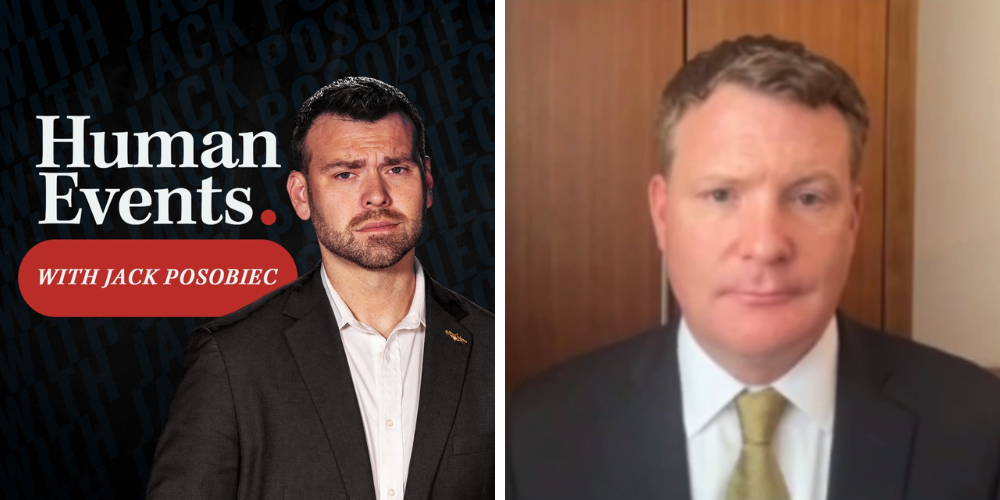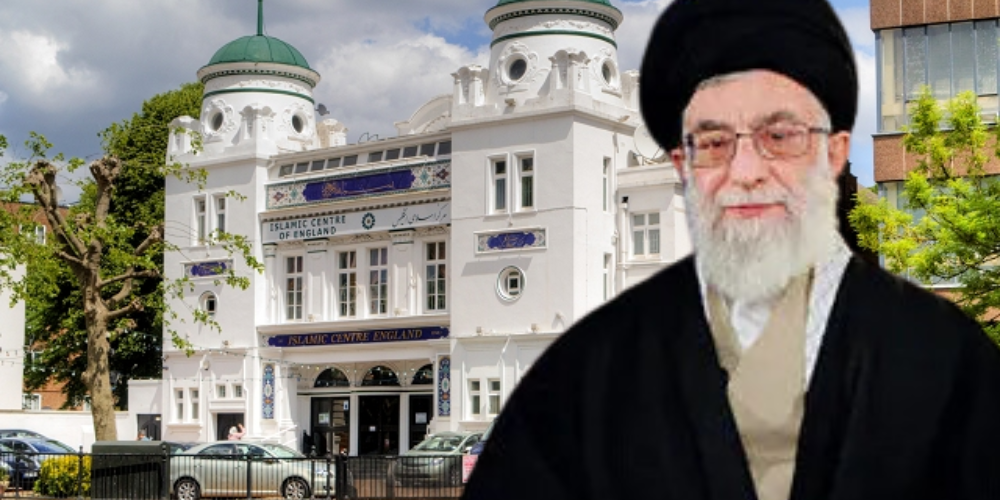No reasonable person would deny that a government and a country at war against international terrorism must cloak some of that war in secrecy. That's especially true on the vital matter of intelligence gathering, the decisive front in identifying and defeating an unconventional, hidden enemy that operates by stealth.
We also have a cherished Constitution whose Bill of Rights begins with a First Amendment guaranteeing a free press, an institutional bedrock of American liberties. That free press has no higher public duty than to act, as the founding fathers envisioned, as an independent watchdog against abuses of government power.
So, who is right when editors at The New York Times override strenuous objections from the Bush administration and reveal a highly classified counterterrorist intelligence program?
The program in question is a follow-the-money operation, obviously an essential tactic in finding terrorists and disrupting their organizations. The program, begun immediately after the 9/11 terrorist attacks, is jointly run by the U.S. Treasury Department and the Central Intelligence Agency. Its purpose is to identify terrorists by tracking funding to them routed through the Brussels-based bank clearinghouse known as the Society for Worldwide Interbank Financial Telecommunications, or SWIFT.
The New York Times would have a case for exposing this secret program if it could show that it is illegal, endangers the rights of Americans or otherwise constitutes a misuse of government authority. But the newspaper's reporting doesn't establish any of these disqualifiers.
Federal monitoring of interbank fund transfers is fully legal. It's specifically authorized by statute and confirmed by a Supreme Court decision.
By the Times' own admission, its reporting found no abuses, no use of the information obtained beyond the very legitimate purposes of counter-terrorist surveillance.
Congressional leaders and subsequently the government's 9/11 Commission were duly briefed on the operation by Bush administration officials. The Treasury Department and the CIA retain an independent auditing service to monitor the surveillance and guard against any abuses. The administrative subpoenas used to obtain these international bank records must specify the suspected terrorists or terrorist organizations under scrutiny.
Clearly, these are not blank-check fishing expeditions. Nor is anyone's privacy invaded unless there is very good reason to believe that they are al-Qaeda or another identified terrorist affiliate.
To date, not a single instance of abuse has been alleged, by The New York Times or anyone else.
Is this surveillance necessary?
Here is what The New York Times itself said in an editorial it published Sept. 24, 2001:
"Organizing the hijacking of the planes that crashed into the World Trade Center and the Pentagon took significant sums of money. The cost of these plots suggests that putting Osama bin Laden and other international terrorists out of business will require more than diplomatic coalitions and military action. Washington and its allies must also disable the financial networks used by terrorists.
"The Bush administration is preparing new laws to help track terrorists through their money-laundering activity and is readying an executive order freezing the assets of known terrorists. Much more is needed, including stricter regulations, the recruitment of specialized investigators and greater cooperation with foreign banking authorities. There must also be closer coordination among America's law enforcement, national security and financial regulatory agencies."
The Bush administration couldn't have said it better.
Is this intelligence operation successful?
The New York Times' reporting acknowledged at least two notable successes: Capture of the Indonesian terrorist Hambali, who was wanted for instigating the 2002 Bali bombings that killed hundreds, and identification of a Brooklyn man who laundered $200,000 for al-Qaeda. Subsequent reporting in The Wall Street Journal also linked surveillance of bank-fund transfers to significant progress in investigating the 2005 bombings of London's subways and the apprehension of an Iraqi terrorist figure.
A logical surmise is that terrorist financing has been greatly disrupted, and that other specific successes remain undisclosed because the program is continuing.
Significantly, there were almost no protests from Bush administration critics in Congress after the SWIFT-monitoring program was revealed.
Indeed, 9/11 Commission Vice Chairman Lee Hamilton and commissioner Tim Roemer, both Democrats, joined the Bush administration in asking The New York Times not to reveal the program. So, too, did Treasury Secretary John Snow and Bush's director of National Intelligence, John Negroponte.
The case against publication is also endorsed by James Woolsey, a highly respected Clinton appointee who was director of the CIA a decade ago and who still speaks and writes frequently on intelligence matters.
"It was not a wise decision to publish," Woolsey said in an interview last week.
Did the Times decision to reveal the SWIFT-surveillance program damage national security?
"There is always likely to be some increased risk of terrorists or others learning how to avoid surveillance if you disclose the way surveillance of them is being done ... certainly terrorists may be helped," Woolsey said.
A former front-line fighter in the counterterrorism war, ex-San Diego FBI chief Bill Gore, offered a blunter assessment. Gore implemented the Foreign Intelligence Surveillance Act for the FBI from 1979 to 1985 and was special agent in charge of the bureau's San Diego office at the time of the 9/11 attacks. Given that two of the 9/11 hijackers lived undetected for a time in San Diego, consider Gore an expert on the need to track terrorists by monitoring their financial transfers.
"There is no doubt in my mind that this disclosure damaged national security. Now the terrorists will find other ways to move this money around. It's damaging to our security, it will have significant impact," Gore said emphatically.
A visibly angry President Bush had his own take on what The New York Times did. He called it "disgraceful," and no wonder.




